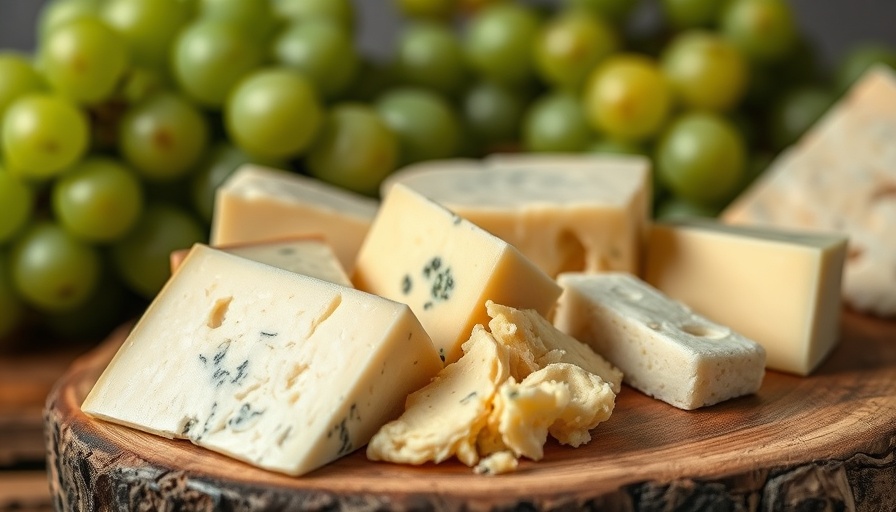
Why Skipping Breakfast Affects Your Health
Breakfast is often called the most important meal of the day, and for good reason. When we skip breakfast, our bodies miss out on essential nutrients and energy, which can lead to a cascade of effects throughout the day. Without a proper start, our metabolism may slow down, affecting our ability to manage weight and blood sugar levels effectively.
How a Balanced Breakfast Can Boost Your Day
Eating a nourishing breakfast can not only energize you but also improve your mood and cognitive function. Incorporating nutrient-rich foods such as whole grains, fruits, and healthy fats can stabilize blood sugar levels, promoting a balanced approach to eating. This variety helps sustain energy and reduces cravings later in the day.
Diverse Perspectives on Breakfast
While traditional advice emphasizes the importance of breakfast, some advocates for intermittent fasting argue that skipping breakfast can aid weight loss and improve metabolic health. However, it’s essential to note that the approach to breakfast should align with individual health goals and preferences. Listening to your body’s needs can often lead to the best decisions regarding meal timing.
Take Action for Your Health
Considering the evidence that supports healthy eating habits, including breakfast as a vital part of your daily routine can lead to positive outcomes. For those struggling to find the time, simple meal prep ideas can make all the difference, ensuring that you start your day on the right foot.
Connect with Us for Support
If you’re looking for tailored advice on your nutrition journey or need help creating satisfying meals that fuel your life, don’t hesitate to reach out. Call us at 984-238-6164 or email us at tom@mywellnesstrain.com for personalized guidance!
 Add Row
Add Row  Add
Add 




Write A Comment